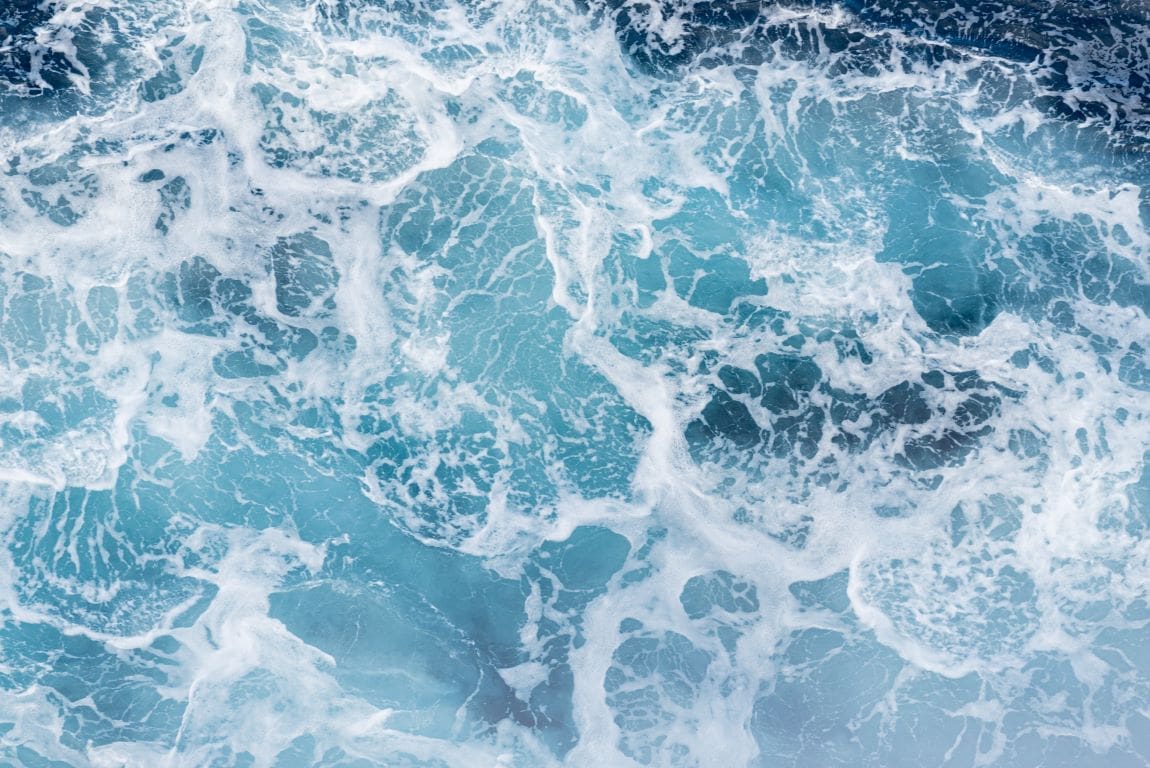A recent study has highlighted the significant impact of mixing Atlantic and Arctic waters on sustaining the Atlantic Meridional Overturning Circulation (AMOC), a critical component of Earth’s climate system. Conducted by researchers from the University of Southampton, the Indian Institute of Technology Bhubaneswar, the National Oceanography Centre, and Stockholm University, the study analyzed ocean data from 1979 to 2021 to explore how this mixing process contributes to the AMOC.
The AMOC functions as a vast oceanic conveyor belt, redistributing heat by moving warm water from the tropics toward the north and cold water southward. This circulation pattern plays a crucial role in maintaining relatively mild temperatures in Northern Europe and other regions at similar latitudes.
Published in Nature Communications, the study revealed that the lower limb of the AMOC – the southward flow of cold, dense water in the Atlantic – is composed of 72% Atlantic waters and 28% Arctic waters. The research emphasizes the importance of water mixing in this process.
As Dr. Dipanjan Dey, the study’s lead author, explained: “We found that while some of this dense water immediately returns south, much of it travels northward, where it mixes with colder, fresher Arctic waters in regions like the Denmark Strait, between Iceland and Greenland. This mixing process makes the waters even denser before they too flow southward, contributing to the AMOC’s strength.”
The study estimates that the mixing of Atlantic and Arctic waters accounts for 33% of the transformation of warm, salty water into the colder, denser water that drives the AMOC, with the remaining 67% attributed to ocean-atmosphere interactions. This finding challenges previous assumptions that primarily focused on heat loss in specific regions without considering the crucial role of water mixing.
The researchers warn that as climate change progresses, the AMOC could slow down due to a reduction in this mixing process. Warmer surface temperatures and fresher waters increase stratification, hindering the essential mixing between Atlantic and Arctic waters.
“A slowdown in circulation of the AMOC would have major consequences, from much colder temperatures in Northern Europe to sea level rises along the eastern coast of the United States,” said Professor Robert Marsh, a coauthor from the University of Southampton.
Additionally, a weaker AMOC could reduce the time carbon dioxide remains in the ocean, potentially accelerating climate change. Dr. Dey stressed the need for climate models to accurately represent these mixing processes to improve predictions of future climate scenarios, emphasizing the urgency of addressing global warming to prevent significant disruptions to ocean circulation and climate stability.
The study underscores the intricate relationship between global ocean circulation and climate, highlighting the critical need for continued research and action to mitigate the impacts of climate change.
Journal Reference:
Dey, D., Marsh, R., Drijfhout, S. et al. ‘Formation of the Atlantic Meridional Overturning Circulation lower limb is critically dependent on Atlantic-Arctic mixing’, Nature Communications 15, 7341 (2024). DOI: 10.1038/s41467-024-51777-w
Article Source:
Press Release/Material by University of Southampton
Featured image credit: Mateus Andre | Freepik




